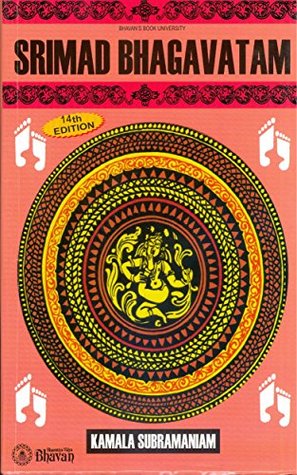Kindle Notes & Highlights
I do not have to remind you of the rules of fighting. A man well-versed in them will not kill an enemy who is drunk; who is careless about his safety; who has lost his wits; who is not trying to fight back; who is sleeping; who has fallen at your feet asking for mercy; who is defeated and who is frightened. But the sinner who saves himself by killing ruthlessly thousands of other lives must be punished only by death.
You are a king and a king cannot afford to have feelings of his own. He belongs to his people and your worry from now on should be their welfare and nothing else."
Suffering melts the hardened core of the ego. When something is achieved the ego comes forward and takes the credit. But when there is failure the ego must necessarily be pushed to the background and humility makes its appearance.
Barhishmati. The city was a holy spot. It was here that the sacred Varaha, while sniffing around for the earth, had shed some of the hair from his body. Out of the hair grew grass by name Kusha and Kasha. The official name for this grass is Barhis and the city was thus named Barhishmati.
Satsanga leads to Shraddha, this to Rathi and Rathi leads to Bhakti. Because of the Bhakti you develop for me the mind becomes slowly, gradually, but surely disgusted with the sense objects. The things of the world which were once attractive are no longer so. The pleasures which you once enjoyed cease to please you. The mind becomes keen on discovering methods by which it can be focused steadily on the Lord. The emancipated man tries very earnestly for salvation. He has no taste for the snare which nature casts about him and his intellect becomes sharp and keen.
With the tip of his bow Prithu crushed and crumpled the tops of the mountains: filled up the ravines on the surface of the earth and levelled her. He was the first king that ever won the hearts of the people and from his time kings have been called "Rajas." "Ranj" means: to charm. "Ranjayati iti Raja". Prithu was the Adiraja.
Puranjana pulled his eyes away from the others and looked at her once again. The language of her eyes; the sights which made her breasts heave; the way she tried in vain to cover them with the silk which she had draped on her shoulders; the way she stood tracing patterns on the ground with her toe-nail: all these made him realise that she did not resent his presence: that she was also interested in him.
Old age, the unwelcome guest to the body of a man in love, came to him and came to stay.


